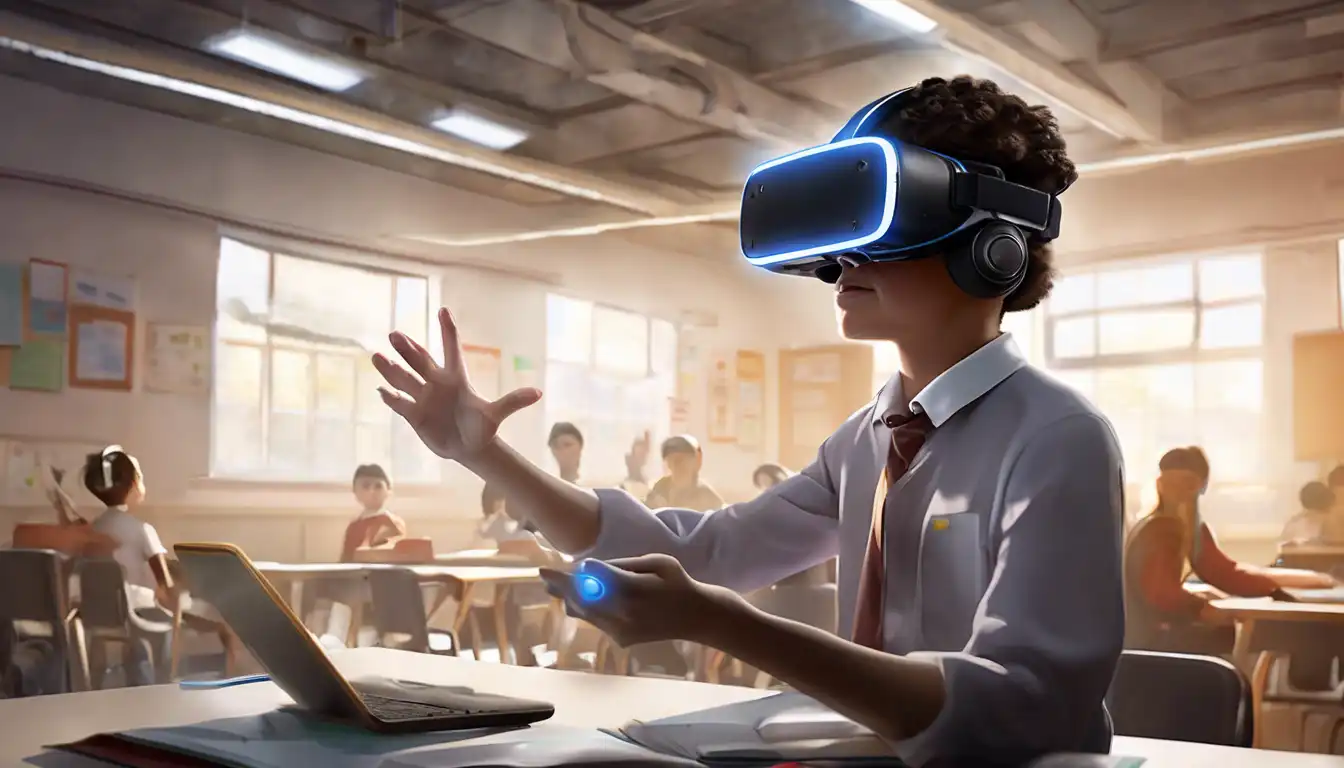The Transformative Power of VR in Learning Environments
Virtual Reality (VR) technology is rapidly transforming the landscape of education and training, offering immersive experiences that were once unimaginable. By simulating real-world environments, VR provides learners with hands-on experience without the associated risks or costs. This innovative approach to learning is not only engaging but also highly effective in retaining knowledge and skills.
Why VR is a Game-Changer for Education
Traditional learning methods often struggle to capture the attention of students or fail to provide practical experience. VR addresses these challenges by creating interactive and engaging learning environments. From virtual field trips to historical sites to complex surgical simulations for medical students, VR makes learning accessible and exciting for everyone.
Enhancing Training Programs with Virtual Reality
In the realm of professional training, VR is proving to be invaluable. Industries such as aviation, healthcare, and manufacturing are leveraging VR to train employees in safe, controlled environments. This not only reduces training costs but also minimizes the risk of accidents during the learning process.
The Benefits of VR in Education and Training
- Improved Engagement: VR's immersive nature keeps learners engaged and motivated.
- Safe Learning Environment: Learners can practice skills without real-world consequences.
- Cost-Effective: Reduces the need for physical materials and travel.
- Accessible Education: Makes learning possible for people regardless of their physical location.
Challenges and Considerations
Despite its potential, the adoption of VR in education and training faces challenges. The cost of VR equipment and the need for technical support can be barriers for some institutions. Additionally, creating high-quality VR content requires significant resources and expertise.
The Future of VR in Learning
As technology advances, the potential for VR in education and training continues to grow. With the development of more affordable and user-friendly VR solutions, we can expect to see wider adoption across various sectors. The future of learning is here, and it's virtual.
For more insights into how technology is shaping education, check out our article on The Impact of Artificial Intelligence on Education.
